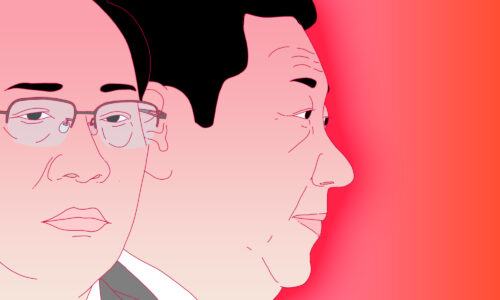No Green Cards for Chinese Communist Party members
The U.S. government announced on October 2 that no Communist Party member can immigrate to the United States. The move is the latest in a series of gestures of distrust toward Beijing by the Trump administration.

The U.S. Citizen and Immigration Services (USCIS) announced a new policy guidance on October 2 that states that “any intending immigrant who is a member or affiliate of the Communist Party or any other totalitarian party (or subdivision or affiliate), domestic or foreign, is inadmissible to the United States.”
The move is clearly targeted at China, despite not mentioning the Chinese Communist Party (CCP) by name. Earlier this summer, the Trump administration reportedly considered banning all CCP members from even entering the country.
USCIS gives several exceptions to the new immigration rules, in the full policy manual:
- If the membership is “considered involuntary” due to coercion or other factors.
- If the membership was only held before the immigration applicant was under the age of 16.
- If the immigrant “automatically, and without personal acquiescence, became a member of or affiliated with a proscribed party” as a result of a law or decree.
- If they became a Communist Party member for the “purposes of obtaining employment, food rations, or other essentials of living and where necessary for such purposes.”
- If the immigrant terminated their membership at least two years prior to submitting an application to U.S. authorities.
What does the new rule mean?
The move is largely symbolic, especially in light of the exceptions laid out. However, gestures of animosity and distrust between the U.S. and China have grown especially numerous in recent months, and this one explicitly builds on Cold War–era laws, specifically the Internal Security Act of 1950.
- It was during that era that the brilliant Chinese scientist Qián Xuésēn 钱学森, co-founder of the Jet Propulsion Laboratory at Caltech, was accused of Communist sympathies and driven from the U.S.
As a largely symbolic gesture of distrust, the new policy also has little practical benefit, and in fact may have a negative effect on the ability of the U.S. to attract and retain global talent. Hú Xījìn 胡锡进, the editor of the nationalistic Global Times state media tabloid, had this interpretation: “Many outstanding talents in China are Communist Party members. The decision by the U.S. helps keep more talents in China.”






